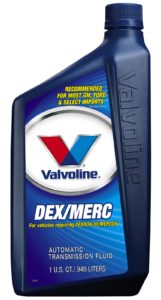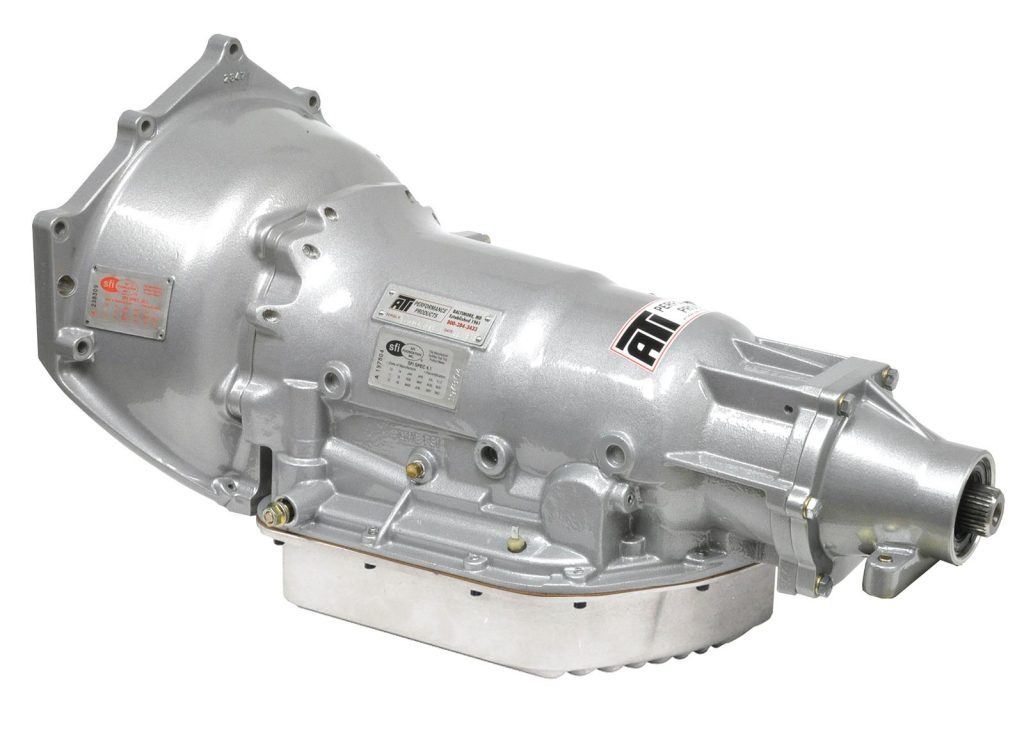Automatic transmission fluid (ATF) is a completely different beast than engine oil or manual transmission gear oil because it does way more than lubricate. (Want to read about gear oil? Check out this post.)
Think about it. Automatic transmissions and transaxles are essentially hydraulic systems, complete with valves, check balls, solenoids, and pumps. ATF is responsible for making sure those components work properly.
The good news is that most automatic transmissions are closed systems which (theoretically) means they won’t ingest contaminants (moisture, dirt, etc.) from the outside environment. Service intervals for automatic transmission fluid changes are usually measured in tens of thousands of miles. A glance through your owner’s manual will give you the exact mileage.
In fact, when it comes to choosing ATF, your owner’s manual is your best friend—here’s why:
Since each auto manufacturer typically develops unique transmission applications, the manufacturer will spec-out its own automatic transmission fluid, which means there are dozens of different types of ATF on the market, and choosing the wrong one could be very, very bad for your transmission.
So, check your owner’s manual for the exact name of the fluid your transmission requires. For instance, the big-three American automakers have given their ATF formulations specific brand names.
Common ones include:
More importantly, the exact formulations get evolutionary tweaks, which is why you have additional suffixes like Dexron IV, Mercon SP, ATF+4, etc. Typically, but not always, the newer formula was intended to phase out the earlier one, and as such, the newer fluid is usually backward-compatible.

The aftermarket has stepped up in recent years, and many lubricant companies now offer equivalent formulations. The bottles aren’t shy about telling you either—check the label for important phrases like “Compatible with Mercon” or “Exceeds Dexron III Specs” or “Recommended for Chrysler Vehicles.”
As with engine oil, you’ll often have a choice between mineral, synthetic, and synthetic-blend ATF.
Got one of those fancy-new continuously-variable transmissions? You’ll need a special CVT oil for that, too.
All told, there are dozens upon dozens of different automatic transmission fluids out there with specific applications. So it’s essential to ensure that you’ve picked the right one for your vehicle/transmission by referencing your owner’s manual.
Don’t have the owner’s manual for your vehicle?
There’s a good chance you can find it online, and most dealerships will be happy to pull the information for you.
If you’ve got a manual transmission, you’ll be using gear oil instead of ATF, which has significantly different formulations. They are not interchangable.
We’ll have a Gear Oil 101 article coming soon.


My 1995 Ford Ranger’s manual trans does require ATF and many manual trans require a thinner than gear oil fluid.
This is true of most, if not all, 5 spd 5.0 Mustangs. They use automatic trans fluid.
[…] to what we discussed in our Automatic Transmission Fluid 101 post, selecting the right gear oil for your manual transmission isn’t as easy as it might […]
[…] Transmission Fluid 101: Which ATF is Right for Your Vehicle? […]
I have a 1966 C4 in my 64 Falcon. The dipstick says to use Type F fluid. I have found type FA but the can doesn’t state if it is backwards compatible. What fluid should I use? Are any of the synthetic blends usable?
Looking for the best alternative to dealer for atf fuel for my 2018 sante fee 3.3l